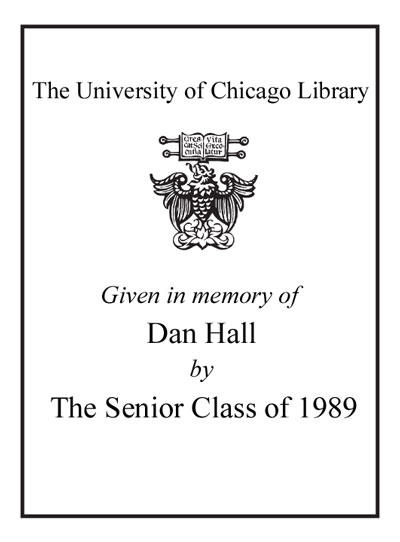Review by Publisher's Weekly Review
Argueta's charmingly elusive political romance, Caperucita en la zona roja, first appeared in 1978 and received the Casa de las Americas Prize; it is newly revised for this English translation. Alfonso, the "wolf," is a poet and university student who gradually becomes entangled in the revolution against El Salvador's military dictatorship of the late 1970s, whose abusive reign Argueta allegorizes as the "red light district." The plot unfolds in voice-shifting narrative backtracks, from the time Alfonso is still living "in the forest" with "Little Red Riding Hood," his young peasant lover Ant (who is referred to alternately in the second and third person), to his later departure, while Ant is pregnant, to become "a bandolier of liberation." Ant's trusting simplicity emerges from her letters to her lover, while the naïvely ferocious dedication of Alfonso's compañeros, who attempt to disseminate literature by an illegal printing press, demonstrates the power of a poor, beleaguered people's spirit to prevail. Argueta's use of allegory is coy and not altogether successful; he unaccountably compares the "wolves" in question to Alfonso and his revolutionaries, rather than to the more logical choice of soldiers and military men. Still, through the voices of his characters, Argueta portrays the aspirations of an entire generation. "I've never thought about having a child as long as I live in this sublimation of a man disappeared," Alfonso muses, revealing the author's ability to maintain a lightness of tone while tackling serious political issues. (Nov.) (c) Copyright PWxyz, LLC. All rights reserved
(c) Copyright PWxyz, LLC. All rights reserved
Review by Kirkus Book Review
A revised edition of Argueta's prizewinning 1978 novel, one of the most popular books ever published in El Salvador. It's a rather heavy-going allegorical fairy tale, in which the title""district"" is the brutal military regime that provoked that country's long ongoing civil war (whose underground combatants, in this story, include Arouata's militant protagonist Alfonso, a dissident student-poet, and his lover Hormica, a.k.a. ""Ant""). The allegory scores its points, all right, but its discursive, hectoring tone makes Argueta's very busy, sometimes strident novel much more effective as ingenious political counterstatement than as art. Copyright ©Kirkus Reviews, used with permission.
Copyright (c) Kirkus Reviews, used with permission.
Review by Publisher's Weekly Review
Review by Kirkus Book Review

